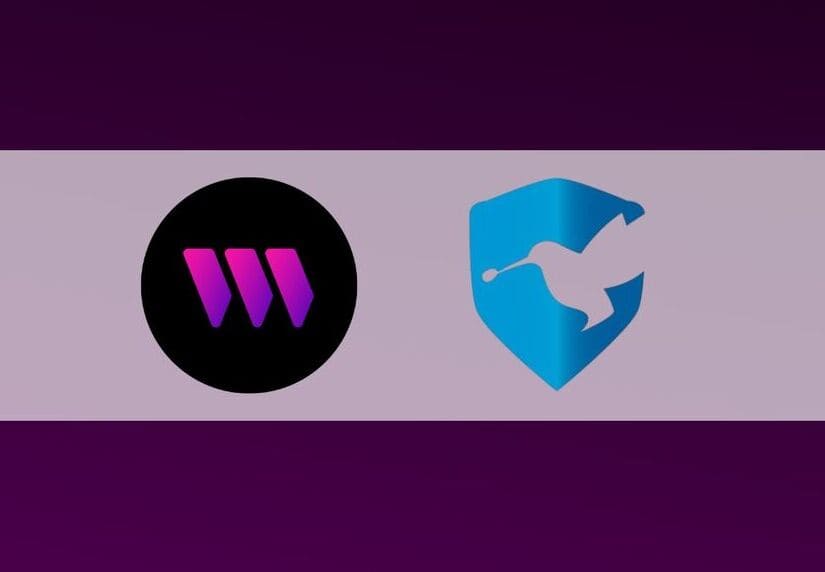PeckShield Inc, a prominent player in blockchain security, recently identified a critical vulnerability in widely-used smart contracts. This discovery triggered an immediate response in the Web3 community, emphasizing the need to strengthen security measures and adopt proactive approaches in the blockchain ecosystem.
The vulnerability, linked to third-party tools, prompted swift action from major players in the blockchain space. OpenSea, a leading NFT platform, quickly reassured its users about the platform’s security, particularly highlighting the unaffected status of its SeaDrop contract, as reported by Will Brooke, OpenSea’s business development lead.
👀👀👀 We've observed a few in-the-wild exploitations on this exact issue.
Our analysis confirms the root cause (to be disclosed later). So do pay close attention and take necessary countermeasures. (h/t @thirdweb @OpenZeppelin)https://t.co/u3hvIHEuPE… https://t.co/kr3miZtfAD
— PeckShield Inc. (@peckshield) December 7, 2023
OpenZeppelin, known for setting secure standards in blockchain, is actively investigating the vulnerability. Their initial analysis suggests that the issue arises from integrating specific patterns rather than flaws in the OpenZeppelin Contracts library. Committed to community safety, OpenZeppelin is leading efforts to assess the impact of vulnerabilities and develop mitigation strategies.
Thirdweb acknowledged the vulnerability in contracts created before November 22, 2023, as stated in a release. These contracts are widely used in the blockchain space to deploy various tokens, including ERC20, ERC721, and ERC1155.
IMPORTANT
On November 20th, 2023 6pm PST, we became aware of a security vulnerability in a commonly used open-source library in the web3 industry.
This impacts a variety of smart contracts across the web3 ecosystem, including some of thirdweb’s pre-built smart contracts.…
— thirdweb (@thirdweb) December 5, 2023
Companies Take Action and Strengthen Security to Protect Users
In response, Thirdweb launched a mitigation website providing a list of affected contracts and detailed instructions for users to reduce risks. “Mitigation steps will involve locking the contract, taking a snapshot, and migrating to a new contract without the known vulnerability,” advised Thirdweb. This discovery raised concerns in the Web3 community, with stakeholders like Sean Bonner, a project creator, expressing frustration over the lack of detailed information.

In the face of this evolving situation, major marketplaces like Rarible and OpenSea took proactive measures to reassure and guide their users. For instance, Rarible informed creators on the Polygon platform that they are automatically addressing the issue and outlined plans for Ethereum users to secure their tokens.
Despite the incident, companies are pouring all their efforts into emphasizing the critical importance of implementing robust security measures in the blockchain ecosystem, which relies on smart contracts for various functionalities. The proactive response from companies like OpenSea, OpenZeppelin, and Thirdweb demonstrates a collective commitment to user protection and the overall security of the Web3 community.


